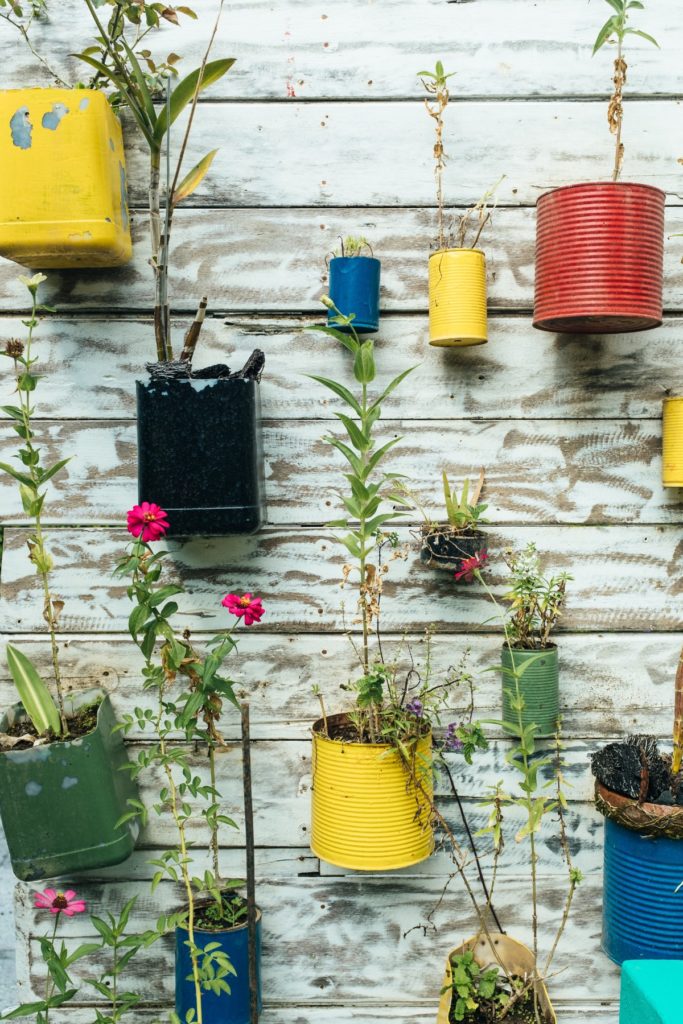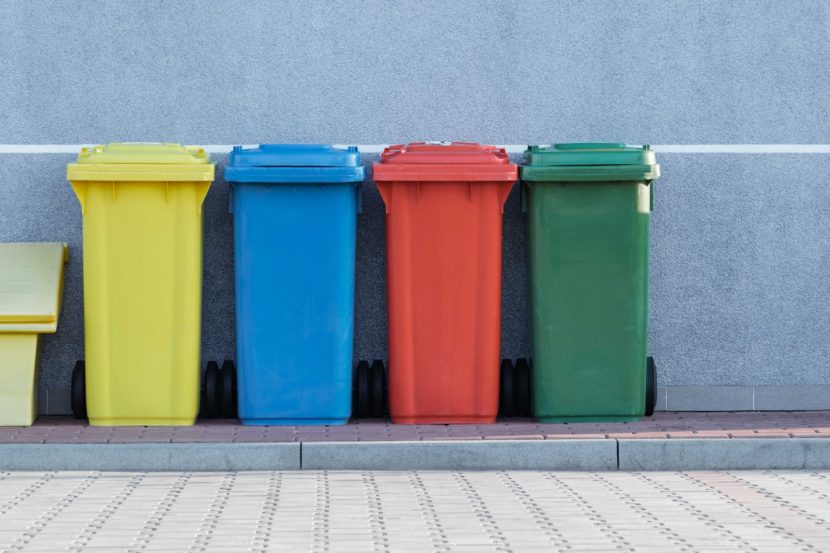Our oceans are full of garbage, see the Ocean Cleanup. The air in our cities is highly polluted. Rivers are transporting waste instead of water. There are plenty of reasons why recycling is a good idea. It limits the production of consumption products that will go to waste, but recycling also limits the enormous amount of waste we already have.
Recycling is one of the simplest and most rewarding daily activities we can carry out. Any member of a family can participate. Even the little ones. When you encourage your children to practice it, fun and learning are happening at the same time. Let’s teach that recycling is an example of social responsibility and take good care of the environment.
How important is recycling
Although humans are responsible for producing a large amount of waste, it seems that sometimes we are still unwilling to recycle. So the only thing we achieve is to harm ourselves and the environment. Both in the short term and in the future of those who will come. For any mother or father it’s an important question. Because, have you ever wondered what kind of planet your children will find in the next few years? The small activity of recycling, which is part of practicing responsible consumption, will make our future generations enjoy a green and blue planet.
5 reasons that show why it is important to recycle
A lot of cities put containers at our disposal, where citizens can deposit their waste. All the options are there: a container for organic waste, paper, plastic or glass. There are also clean points, to deposit objects such as appliances or wood.
The impact of recycling is huge. So here we describe 5 of the main reasons why it would be a good practice to recycle every day:
1. We use less raw materials
If we recycle glass, plastic or paper, there is no need to use so many new raw materials to manufacture new products. In this way we will save a significant amount of natural resources and conserve, among other things, our forests, the so-called lungs of the planet. Trees are essential to decontaminate the environment.
According to the United Nations Food and Agriculture Organization (FAO), a tree can capture up to 150 kg of CO2 annually. Forests act as natural filters for small urban particles. Large areas of trees and vegetation moderate climate change.
2. Fight against climate change and save energy
Less energy consumption: If we recycle, we reduce the work of extraction, transport and elaboration of new raw materials. Which entails a significant reduction in the use of the energy necessary, to carry out these processes.
Less CO2 to the atmosphere: With lower energy consumption we generate less CO2 and reduce the greenhouse effect. That means that recycling at home means saving the planet and contribute to the fight against climate change.
Less air pollution: It is an important point to pay attention to the relationship between air quality and health. According to the World Health Organization (WHO), our cardiovascular and respiratory health will be better when the level of air pollution is lower. It’s important to keep this in mind when thinking about the kind of air our children are breathing, when they play in the parks or in the streets of the big cities.
3. The production of new product
Through recycling, it is possible to create new products. Although you maybe never thought about it, but there are everyday objects that are born from recycling. What objects can be used? For example: the fleece plaid you hold so dear to you. It has its origin in PET plastic bottles. Tell your kids and make them curious about the world of recycling! Keep in mind that these products use less water and energy, and cause less pollution during the production process.
The birth of eco design
There are many companies that have launched eco-design. This with the aim of designing, but with a lot of respect for the environment. They reuse objects as diverse as road signs or tires. And giving them a totally different, new use.
You want to practice?
You can experiment with your own hands how it is to transform seemingly useless objects and materials into new ideas for your home. Read here for me information on reusing ordinary objects.
4. Preserving the environment
Dumping industrial waste, such as textile dyes or agricultural chemicals, are contributing to pollute our mother nature. Rivers on this planet lose their natural wealth and the waste destroys the habitats of many species, including humans. It is vital to act responsibly.
For example by recycling: The industry pollutes less air by reducing the amount of greenhouse gas emissions. By using organic waste for the compost of our gardens or crops, we avoid chemical fertilizers. We protect our soils because the waste goes to the corresponding place and does not accumulate in the waters of our rivers and seas. Were you aware of the consequences of such an everyday act as the recycling of materials that we no longer use?
5. Creating jobs is a good thing
Recycling at home means preserving the environment. And something as important as helping to create and maintain jobs. Because the process of recycling waste, requires companies and workers to collect the different materials and classify them. Recycling also allows the implementation of special projects. Projects whose objective is the social and labor integration of disadvantaged groups.
First steps of recycling with your kids
There are different ways to introduce your kids to the habit of recycling. The most important one is to involve children. For example to propose to crush the plastic bottles, the milk packages and the packages of cereals and cookies. With this simple activity you will involve them in domestic tasks and you will make the most of the space available at home. Recycling is a very simple gesture. We have to teach children our everyday habits. If it is done in our homes and if we involve our children, it will absolutely turn into a positive activity. Let’s do it for al the human beings and for our beautiful planet. So what are you waiting for?
